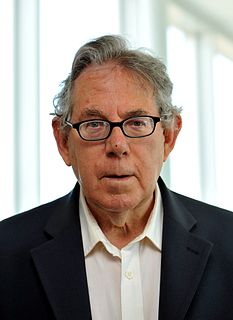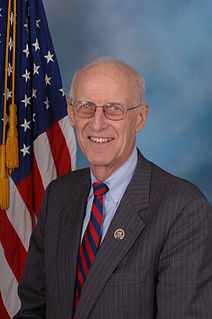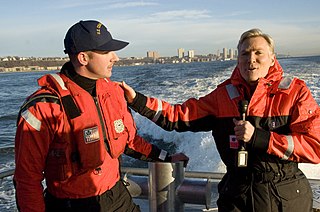A Quote by Paul J. Crutzen
In discussing the state of the atmosphere following a nuclear exchange, we point especially to the effects of the many fires that would be ignited by the thousands of nuclear explosions in cities, forests, agricultural fields, and oil and gas fields. As a result of these fires, the loading of the atmosphere with strongly light absorbing particles in the submicron size range (1 micron = 10-6 m) would increase so much that at noon solar radiation at the ground would be reduced by at least a factor of two and possibly a factor of greater than one hundred.
Quote Topics
Absorbing
Agricultural
Atmosphere
Cities
Discussing
Effects
Exchange
Explosions
Factor
Fields
Fires
Following
Forests
Gas
Greater
Ground
Hundred
Increase
Least
Light
Many
Much
Noon
Nuclear
Oil
Oil And Gas
Particles
Point
Possibly
Radiation
Range
Reduced
Result
Size
Solar
State
Strongly
Than
Thousands
Two
Would
Would Be
Related Quotes
Global warming results not from the emission of greenhouse gases into the atmosphere, but from an unusually high level of solar radiation and a lengthy - almost throughout the last century - growth in its intensity. It is no secret that when they go up, temperatures in the world's oceans trigger the emission of large amounts of carbon dioxide into the atmosphere. So the common view that man's industrial activity is a deciding factor in global warming has emerged from a misinterpretation of cause and effect relations.
Sooner or later there will be a nuclear 9/11 [by Islamic terrorists] in an American city or that of a US ally... A terrorist nuclear attack against an American city could take many forms. A worst case scenario would be the detonation of a nuclear device within a city. Depending upon the size and sophistication of the weapon, it could kill hundreds of thousands or even millions of people.
A full scale nuclear exchange, lasting less than 60 minutes...could wipe out more than 300 million Americans, Europeans, and Russians, as well as untold numbers elsewhere. And the survivors-as Chairman Khrushchev warned the Communist Chinese, `the survivors would envy the dead.' For they would inherit a world so devastated by explosions and poison and fire that today we cannot conceive of its horrors.
I think if terrorists had nuclear materials and found people to put a bomb together - both of which are possible - we would already have seen a nuclear explosion. But we have literally thousands of people around the world working their tails off and making a lot of sacrifices to contain nuclear materials. I particularly would like to compliment the Russians on this. In times of great economic distress, many of them could have made an awful lot of money if they had sold their expertise.
Let the rabbit of free enterprise out of its velveteen bag and too many people would have to be fired, too much idiocy exposed to the light of judgment or ridicule, too much vanity sacrificed to the fires of efficiency. Such a catastrophe obviously would threaten the American way of life, to say nothing of the belief in free markets.
There's no question that Saddam Hussein is a threat Yes, he has chemical and biological weapons. He's had those for a long time. But the United States right now is on a very much different defensive posture than we were before September 11th of 2001 He is, as far as we know, actively pursuing nuclear capabilities, though he doesn't have nuclear warheads yet. If he were to acquire nuclear weapons, I think our friends in the region would face greatly increased risks as would we.







































